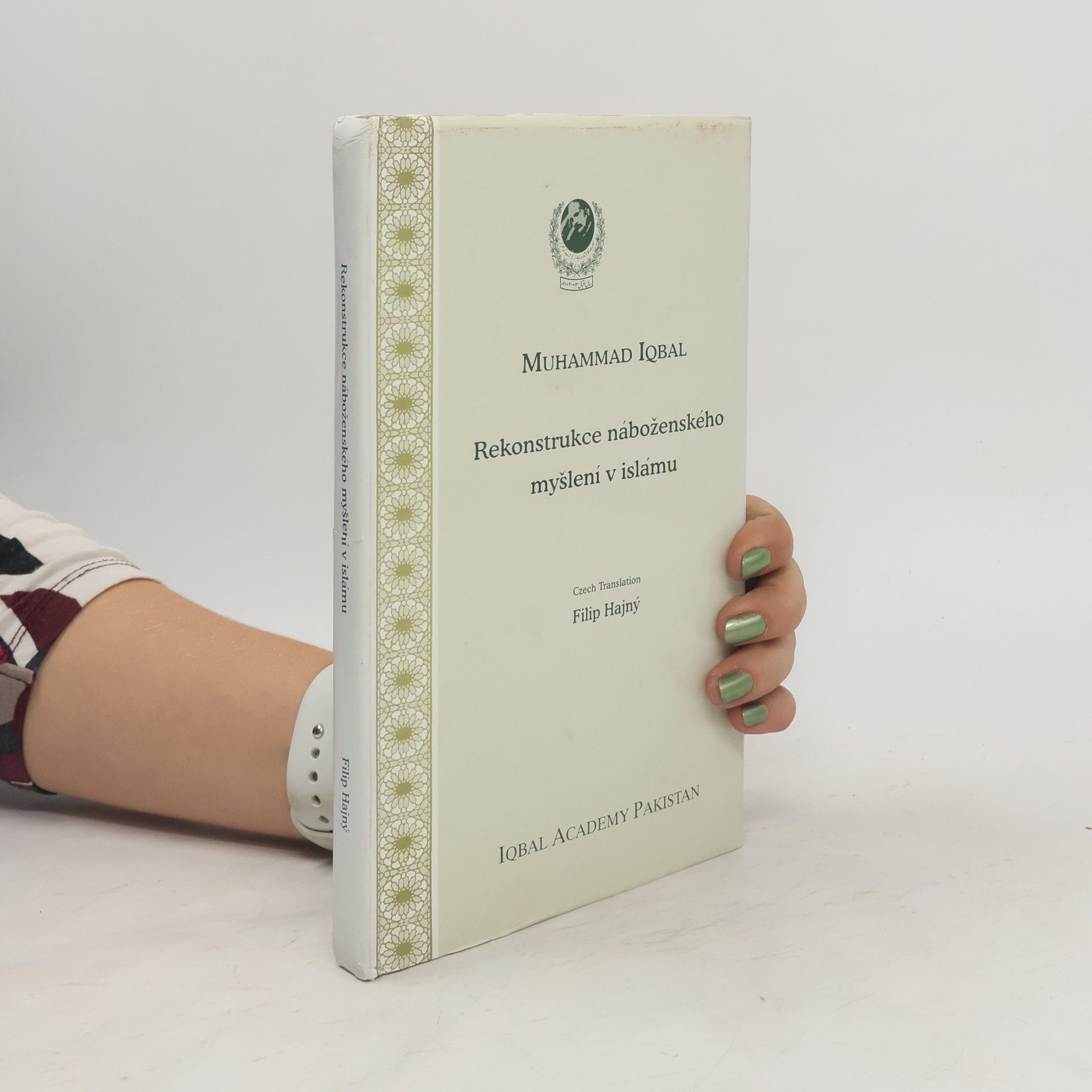Allama Muhammad Iqbal (1877-1938) war der erste muslimische Intellektuelle, dessen Schwerpunkt der Forschung westlich ausgerichtet war. Für ihn war der innere dynamische Geist der westlichen Kultur islamischen Ursprungs. Er argumentiert, dass die europäische Kultur auf ihrer intellektuellen Seite nichts als eine Fortentwicklung einiger der wichtigsten Phasen der Kultur des Islam ist. „Drei Reichen des Geistes gehört Sir Muhammad Iqbal an, drei Reiche des Geistes sind Quellen seines gewaltigen Werkes: die Welt Indiens, die Welt des Islam und die des abendländischen Denkes.“ (Hermann Hesse, Geleitwort zur deutschen Übersetzung des Javidname, 1957)
Muhammad Iqbal Bücher
Sir Muhammad Iqbal war ein angesehener Dichter, Philosoph und Denker, dessen Werk sich mit tiefgreifenden Fragen des islamischen Denkens und der modernen Welt auseinandersetzt. Sein literarisches Erbe liegt in der Synthese westlicher Philosophie mit islamischer Gelehrsamkeit, die eine Wiederbelebung echten islamischen philosophischen Denkens inspirierte. Iqbals Gedichte und Essays erforschen Themen wie Identität, Spiritualität und die Zukunft der muslimischen Gemeinschaft. Seine Visionen und Ideen schwingen weiterhin mit und regen zur Reflexion über gegenwärtige Herausforderungen an.






Worte wie Oasen
- 126 Seiten
- 5 Lesestunden
In these two poems, Iqbal discusses the fall of the Muslim ummah, probes into its causes, shows his bereavement and offers a solution along with a message of hope. In the first poem, Iqbal complains to God about the deplorable condition of the Muslim world and society and prays for divine help. In the second poem, which he wrote a few years later, he relays a response to the complaints on behalf of God. In elaborating the causes of the rise and fall of the Muslim ummah, Iqbal hoped that Muslims would use them as a springboard for reviving their former status of prestige and glory. Iqbal’s poetry has such great variety that several anthologies of it could be compiled, each quite different from the other. The series aims at introducing Iqbal’s poetry to the English-speaking world. While scholars and students will benefit from the work, it is hoped that general readers, both Muslim and non-Muslim, will find this series useful and interesting
Husayn: A Symbol and a Warning
- 130 Seiten
- 5 Lesestunden
There is no disagreement between Sunnis and Shias that Imam Ḥusayn's martyrdom in Karbala was a historical event illustrating true Islamic leadership and the exemplary character of someone who made a sincere attempt at safeguarding the ideology of Islam with the intention to retain it as an exact replica of the setup of the Prophetic era. But of late we see attempts by some to make Ḥusayn's martyrdom a Sunni-Shia polemic.This book is in response to that, it contains four essays on Karbala by four highly respected Sunni scholars and leaders, and we have added a new foreword to expand the story and give the reader a more comprehensive understanding of the importance of this heart-rending tragedy in Islamic history.
Iblees KI Majlis-E-Shoora: The Devil's Advisory Council
- 88 Seiten
- 4 Lesestunden
Iblees ki Majlis-e-Shoora is a conversation between Iblees (the devil) and the five members of his advisory council. It is one of the final works of Allama Iqbal. The work consists of 64 amazingly dramatized, well composed couplets. Here, Iblees presides over the clandestine session and leads the conversation. He boasts how successfully he has mislead Mankind throughout history by introducing ideas and doctrines such as Imperialism, Capitalism, Fascism etc., which have ultimately landed the human society in ruins. His advisers point towards a few emerging trends such as Western democracy and Marxism that they saw as potential threats to the evil regime of Iblees. Summarily dismissing all these apprehensions of his advisers, Iblees concludes, that the revolutionary spirit of Islam is the greatest threat to his evil empire and hence the most crucial task ahead was to stop the waves of Muslim resurgence. He instructs them to keep the followers of Islam totally preoccupied with vain spiritual rituals, complex philosophical debates and narrow theological intricacies.Allama Iqbal, an advocate of universal human fraternity, envisaged the revival of the original Islamic civilization, globally. His works, exposed the limitations of the socio-political and economic concepts introduced by the West.
Rekonstrukce náboženského myšlení v islámu
- 176 Seiten
- 7 Lesestunden
Muslimský básník a filozof píšící v 1. pol. 20. stol. se snaží přiblížit myšlenky i filozofii islámu a nalézt nové cesty ke sblížení s evropskou kulturou, filozofií a vědou. Autor je přesvědčen, že takové úsilí má smysl a že dialog Západu a Východu je nejen možný, ale též nezbytný.